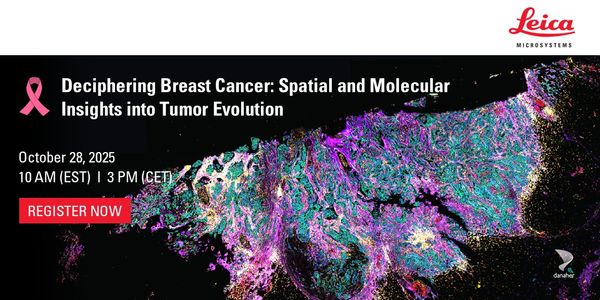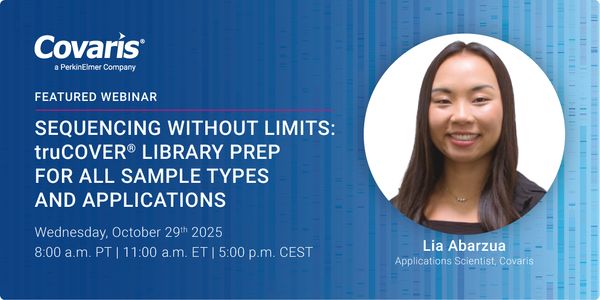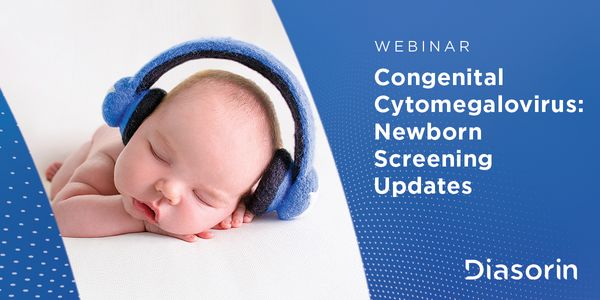Keynote Presentation: Viromics: Lessons from the Oceans, Soils, and Humans
Microbes are recently recognized as driving the energy and nutrient transformations that fuel Earth’s ecosystems in soils, oceans and humans. Where studied, viruses appear to modulate these microbial impacts in ways ranging from mortality and nutrient recycling to extensive metabolic reprogramming during infection. As environmental virology strives to get a handle on the global virosphere (the diversity of viruses in nature), we face challenges to organize this ‘sequence space’ (create a sequence-based viral taxonomy), link these viruses to their natural hosts (who infects whom), and establish how virus populations are structured (ecological drivers) and impact natural ecosystems (their impacts). Here I will share current thinking on how to study viruses in complex communities and how these efforts are revealing new biology in the oceans, soils and the clinic that will help enable a new generation of eco-systems biology and medical treatments.
Learning Objectives:
1. Why study viruses, particularly of microbes, in complex systems?
2. What challenges have been overcome to enable their study?
3. What have we learned across biomes?






